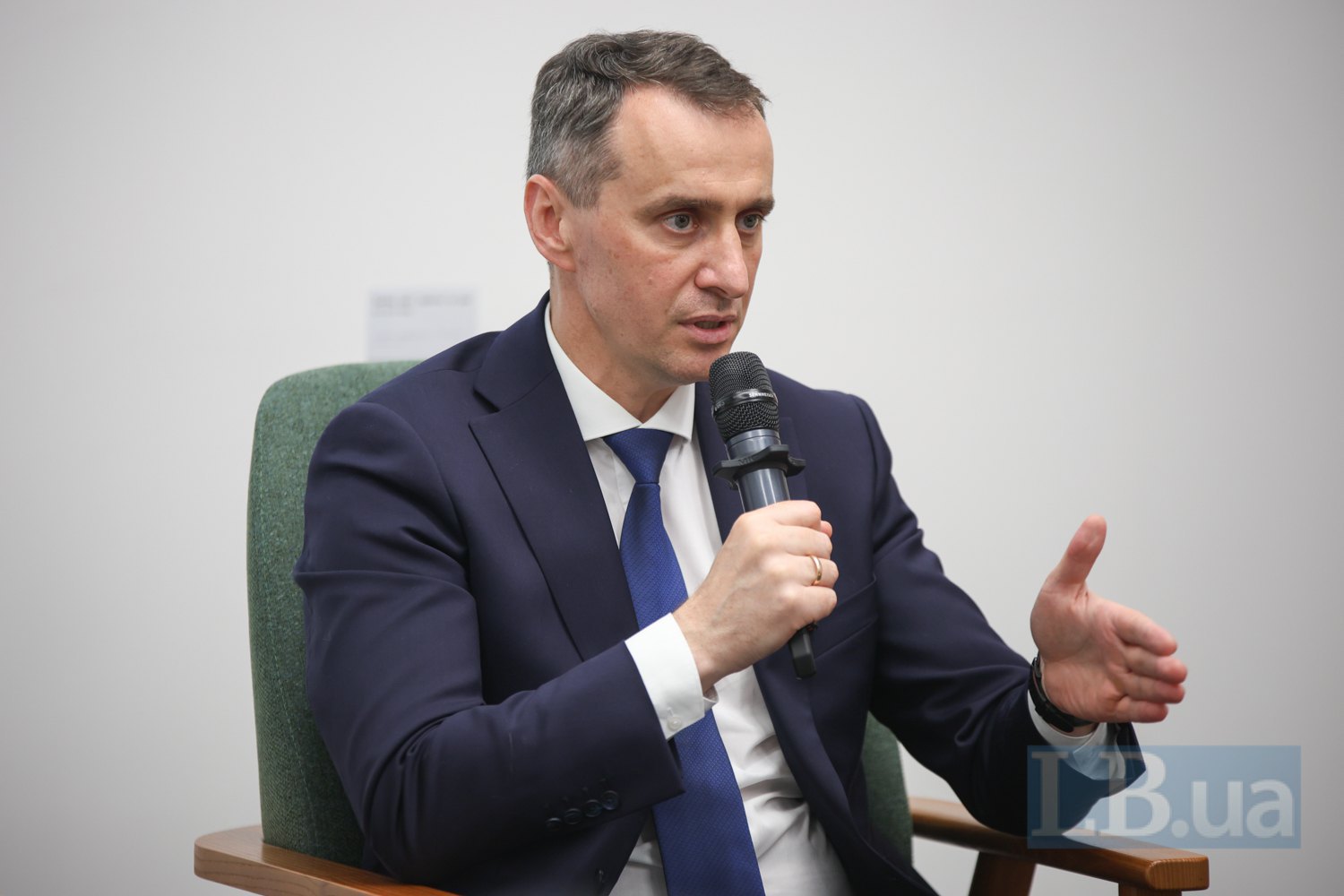
Challenge No. 1. Human capital in healthcare
The crisis in medical personnel is a global problem, says Viktor Lyashko. And while more developed countries will feel its effects in about five years, for Ukraine it is already critical due to the large number of people of retirement age working in the system.
Moreover, the minister is confident that the problem will significantly worsen with Ukraine's accession to the European Union. As soon as the borders open, there will be a massive exodus of nurses in certain areas.
‘I understand what will happen five years after that (EU accession — Ed.). I have seen the outflow of personnel in other countries. Then they returned, but this is something we must predict,’ the head of the Ministry of Health is convinced.
And while more developed countries, such as Norway, are thinking about where artificial intelligence can replace medical workers, the Ministry of Health must decide how to encourage people to enter the profession, train personnel to fill existing and potential vacancies, and prepare for a possible shortage due to the outflow of personnel.
‘We have started some work at the Ministry of Health. We have developed a strategy for the development of nursing in Ukraine, which has been approved by the board. Recently, we held a forum where nurses gathered and discussed what motivates them to work in the profession. And it's not just financial or economic factors,’ said the minister.
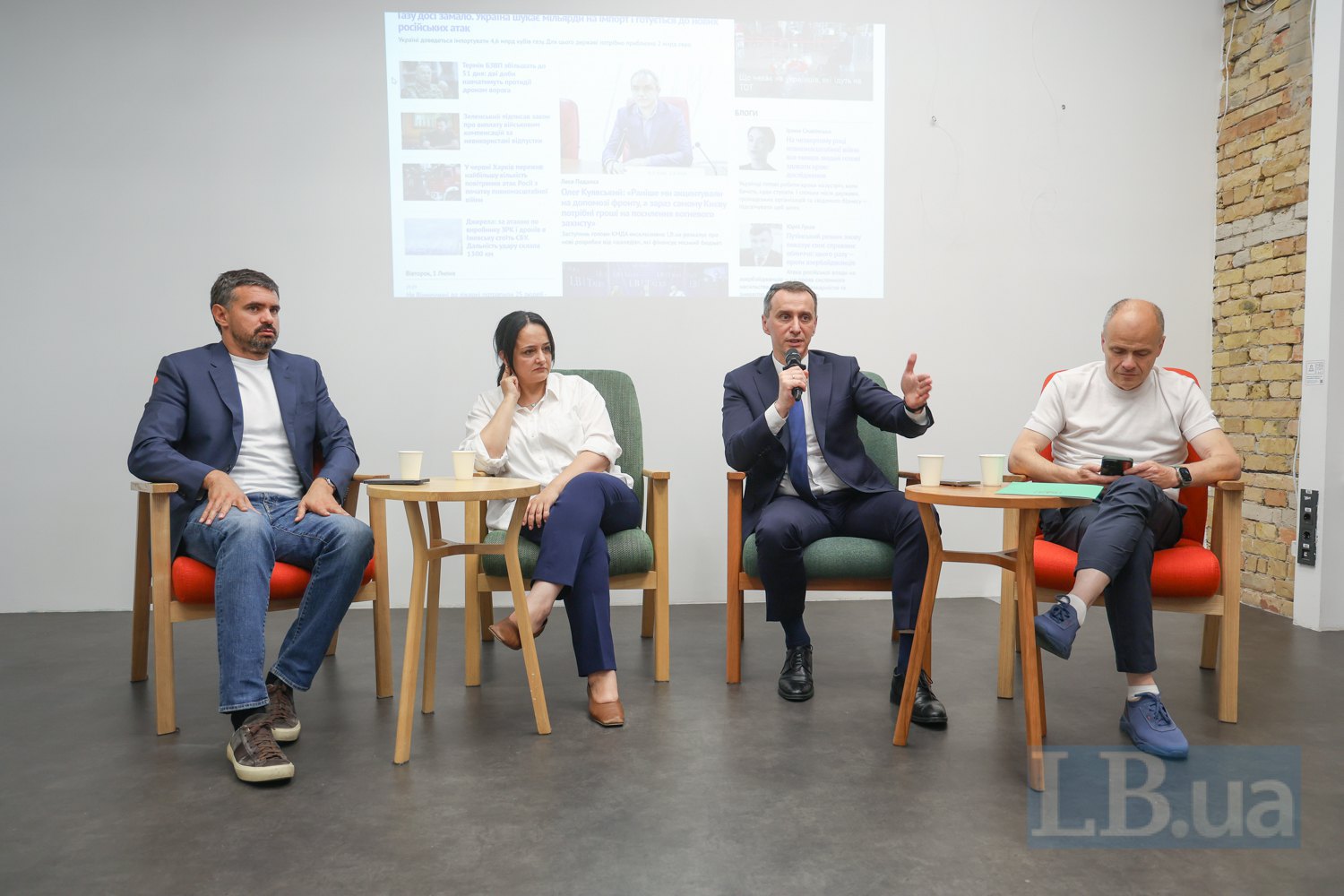
At the same time, Viktor Lyashko does not see a critical flow of young personnel from the state to the private healthcare system. However, he notes that it is necessary to distinguish between approaches to doctors and nurses, as these are different challenges.
"When it comes to doctors, public, municipal and private institutions, without offending private managers, they are not currently competitors for the public system. The number of staff taken on by private institutions, even taking into account primary care, is only the foundation for development. And the number of young specialists taken on by the private healthcare system is not critical for the training of personnel in the country," the minister said.
In this context, he also noted that starting in 2025, a full-fledged electronic placement system for medical internships will be launched for those who studied on a state-funded basis. Work on the system has taken three years. The placement process will function similarly to university admission after the national multi-subject test (NMT).
"After the KROK (a single state qualification exam — Ed.) and OSCE (objective structured clinical exam — Ed.), the appropriate score is determined, and you choose your specialty and internship location, a budgeted vacant position that allows you to even be employed in the future.
If it is not possible to acquire the necessary competencies there, an individual plan is drawn up with the hospital where the person will undergo their internship and with the educational institution where the full-time internship cycle is conducted. And I see that now a large number of young people are choosing frontline territories. When asked why, they say it is to learn what they want to learn. The likelihood of obtaining a higher qualification there is now much higher than somewhere in the rear," the minister noted.
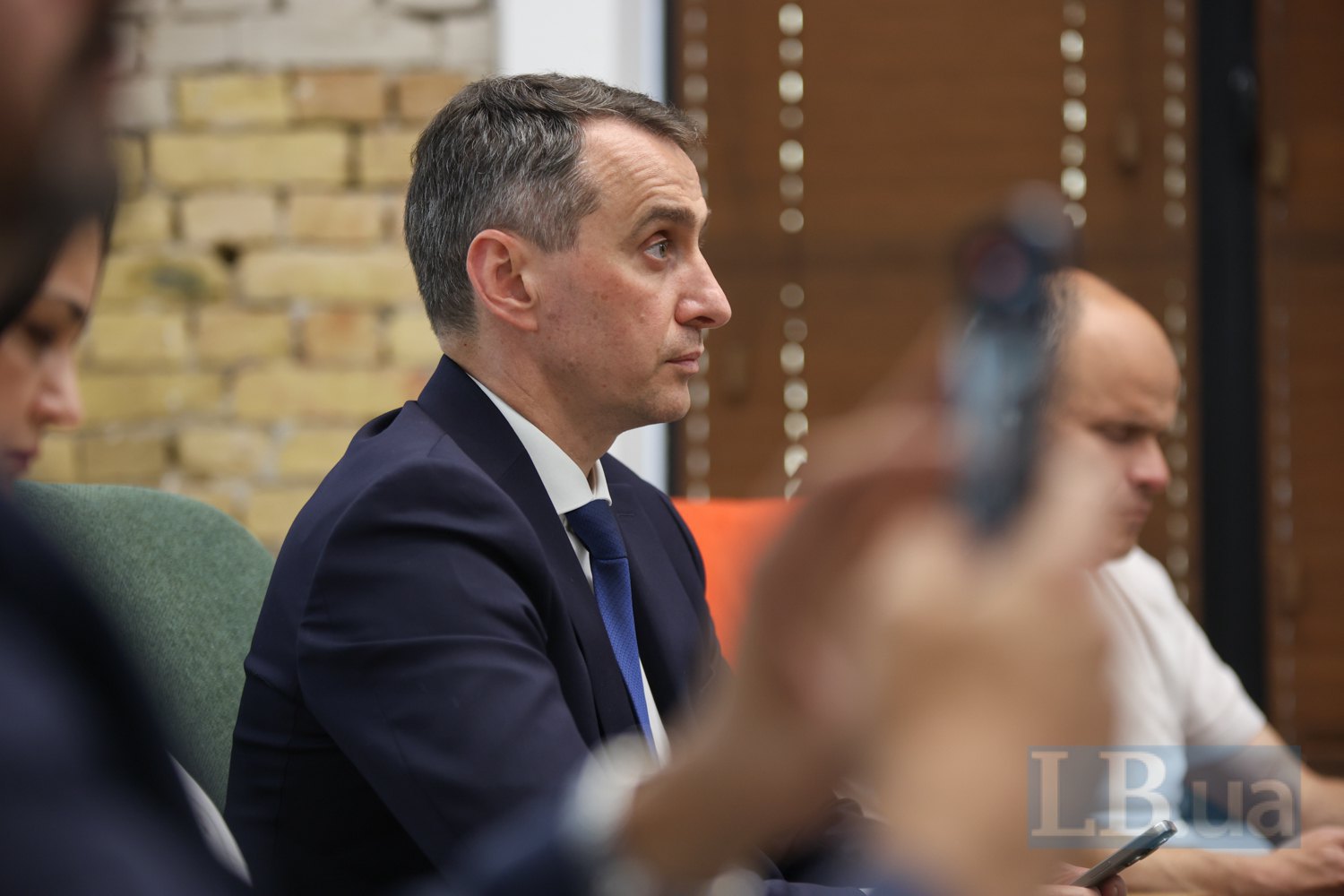
Challenge No. 2. Economic development
‘You cannot dream of a perfect healthcare system that responds to all challenges when it is not backed by financial resources. This is a challenge that must be discussed right from the start,’ Lyashko believes.
Any steps to change the healthcare system will always be limited by financial capabilities, so the country's economy must be strengthened, adds the head of the Ministry of Health.
‘You will appeal to me about tariffs, we will appeal to the Verkhovna Rada, where the additional 80 billion that we requested from the budget will send us back to a situation where 60% of salaries are paid in envelopes,’ Lyashko complains. "You will not find anything that I am not ready to do for the system. But I have to set priorities based on the resources I have at my disposal."
It is precisely because of the economic situation, the minister notes, that Ukraine is currently unable to introduce health insurance.
‘We must understand what is happening with the demographic situation specifically in Ukraine. Who will fill the medical insurance fund, whatever it may be, which will then be transferred to certain organisations that will replace, conditionally, the National Health Service of Ukraine,’ says the minister.
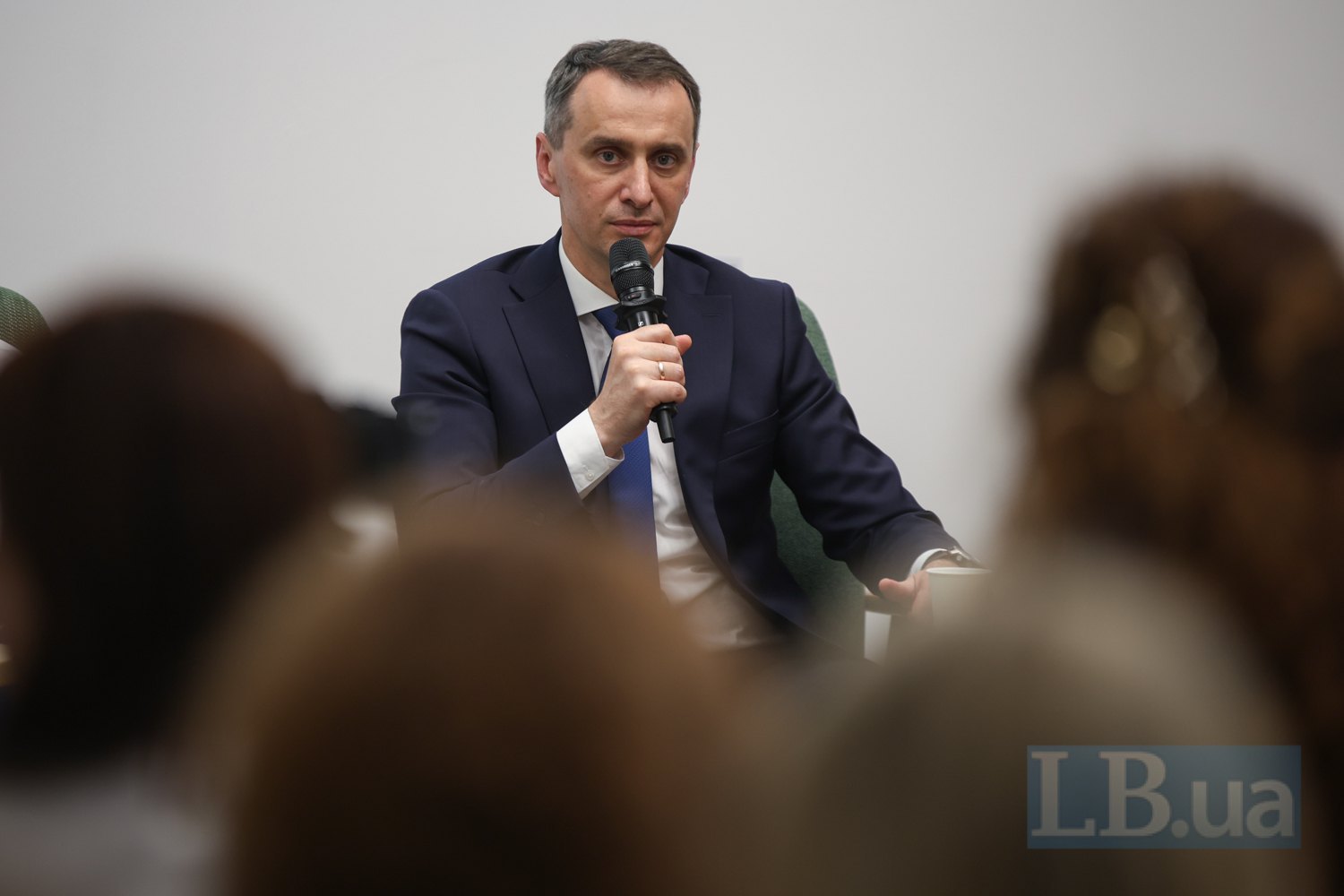
According to him, such a tool is only viable in countries where health insurance has been in place for decades, such as Germany. The example of the Balkan countries, which launched health insurance through employer and employee contributions, shows that today their funds are bankrupt and, nevertheless, are subsidised by the state due to the deterioration of the demographic situation, even though it is better than ours.
"We must look and predict what will happen tomorrow. And for us today, the optimal model is the National Health Service of Ukraine as a purchaser. We understand what funds the state can allocate at this time. This is what should be affordable for us, that is, economically justified tariffs that we cover as a state," Viktor Lyashko argues.
According to him, the Ministry of Health has taken the opposite approach: there is a basic guaranteed level of medical care (which must be constantly improved), a programme of medical guarantees, there is a real paid service according to the codes of the National Health Service of Ukraine, according to certain classifiers, and then voluntary medical insurance should be developed for those services that the state does not cover.
‘Three key words symbolise my progress and that of my team: accessibility, quality, and free medical care for patients. Accessibility is territorial and economically justified at this particular moment in time,’ the minister notes.
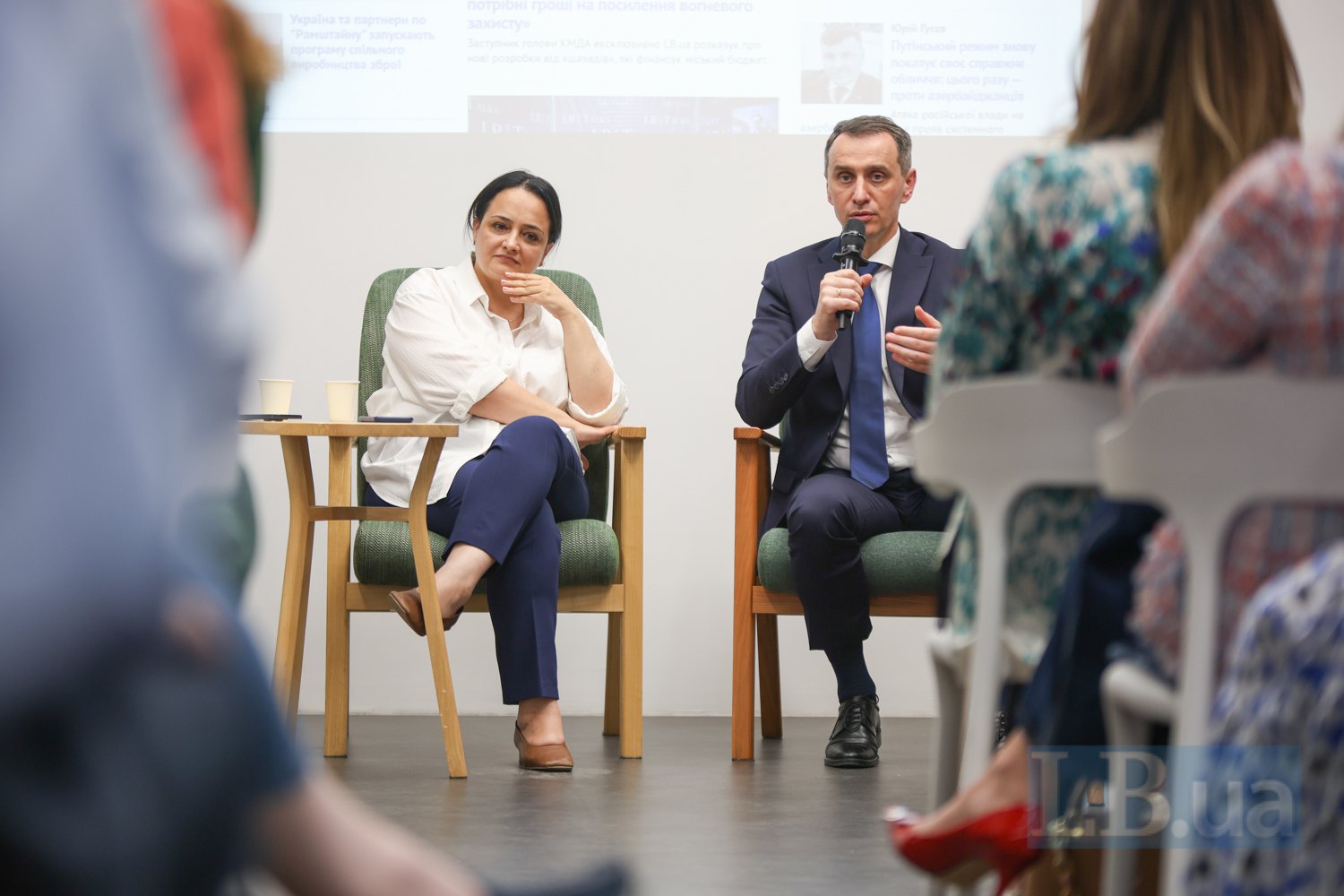
Challenge No. 3. Learning to tell the truth to all participants in the system
‘We are building a patient-oriented healthcare system, but everyone in this system either leaves something unsaid or does not always tell the truth, which distorts certain things, certain initiatives — and we will not be able to move where we want to go,’ Lyashko believes.
At the same time, he commented on information that a quarter of the new CT scanners and MRI machines for hospitals, purchased for UAH 2.3 billion during 2023–2024, are still not working. The minister called this data confusing.
"I will say that 242 CT scanners are currently working, and everyone will remember that 62 purchased ones have not been put into operation, and not only CT scanners, but also magnetic resonance therapy devices, and no one will look at the contracts, when they were concluded, when the funding was provided, when they should be delivered. No one will understand how expensive equipment is installed. And whether the conditions are the same for private business and for state institutions. Because state institutions have to go through a huge pile of procedures, while business, knowing the brand and model, hires a builder tomorrow and starts building. Never compare the terms of commissioning expensive equipment that requires the development of design and estimate documentation," the minister said.
He also said that for the second year in a row, it has not been possible to purchase cyclotrons for the production of radiopharmaceuticals in order to launch a larger number of PET-CT (a modern method of tumour diagnosis — Ed.) in the country.
"All last year, businesses debated the issue in every possible forum and did not allow the purchase to go ahead. Complaints/appeals, complaints/appeals, funds returned to the state budget. Partially reformatted. This year, the situation is similar. But we are developing an alternative option. We will start with the number of PET-CT services we are ready to purchase in 2026, and the cyclotron with PET-CT devices will be purchased by the business and put up for sale. For us, this will probably be the most realistic scenario for a quick launch. We have certain risks, but we have already found ways to overcome them.
To do this, we needed to have several cyclotrons in state ownership so that the price of the radiopharmaceutical would not be inflated and could be compared. We have one facility where this will work, so I am more than confident that this is how state policy will move forward," says Lyashko.
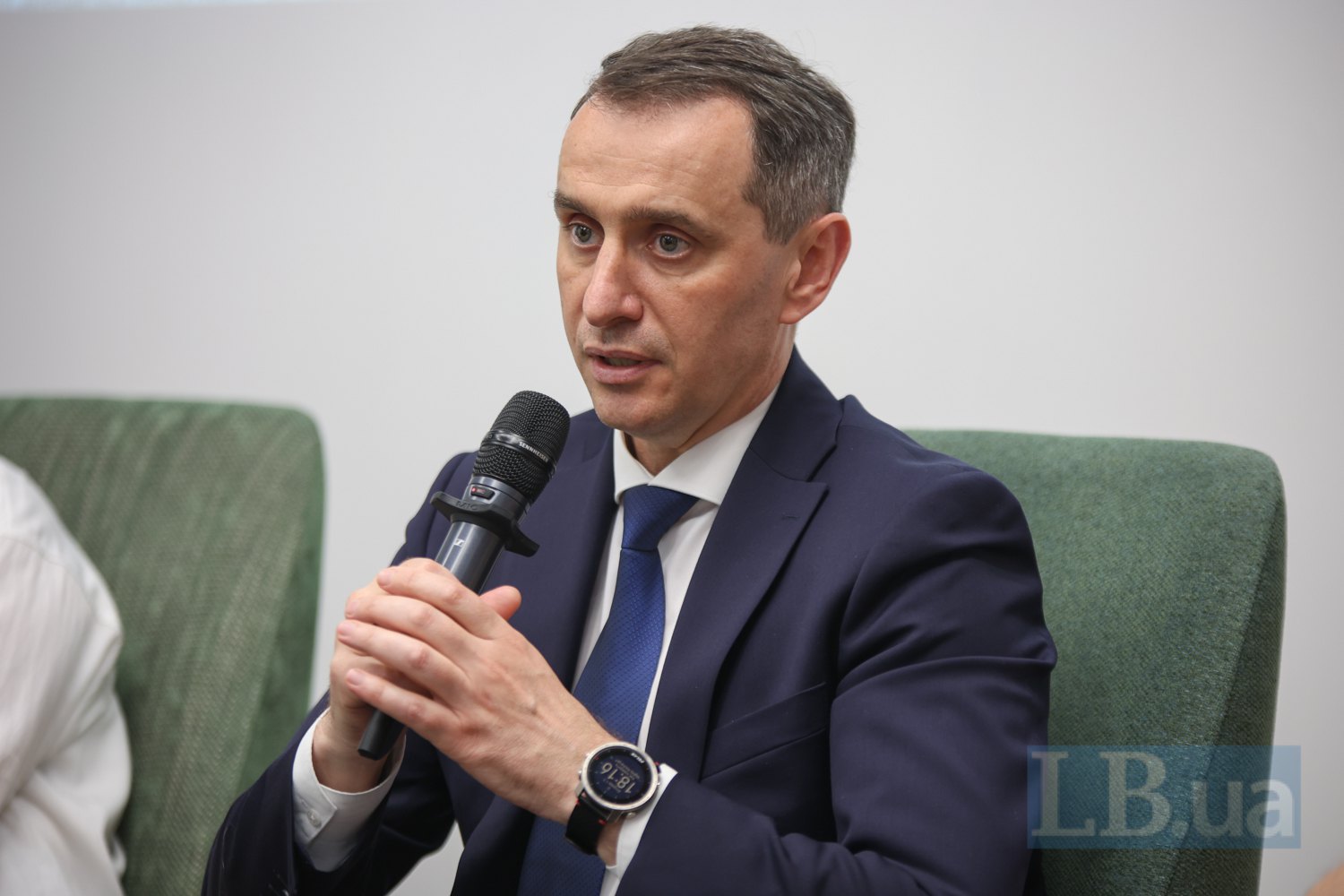
The healthcare system, the minister sadly notes, is not a system where a decision made today will yield results that everyone will feel tomorrow. It can take years or even decades.
"But we will feel these results. Therefore, in response to the provocative question (regarding my resignation from the post of minister — Ed.), I am calm about the decisions that are being made. Calm.
Because I am proud of what I have achieved as Minister of Health in four years. We can cite cases that show that there are problems. Yes, I admit they exist. But I can talk for two hours about the things that have been achieved, which are now yielding results. And we should be proud of that.
Because a country that is unable to find its results and be proud of them is doomed to constant discussion about how someone bad did not do what seemed to be much better at that moment in time," emphasises Viktor Lyashko.
In conclusion, the current minister outlined how he sees the healthcare system in the format of the country of the future: a Ministry of Health with no vacancies and with professional people who have passed a competition and can professionally make the management decisions necessary for the state.
Medical self-government — competitive for the Ministry of Health, with professional discussion of every letter in the standard of medical care.
Corruption is minimised. Good salaries do not allow people to look the other way, and law enforcement agencies will offer specific solutions on how to prevent such violations.
Young professionals do not go into the private, municipal or state sectors, but to the leader of the process, who allows them to learn and leads them.
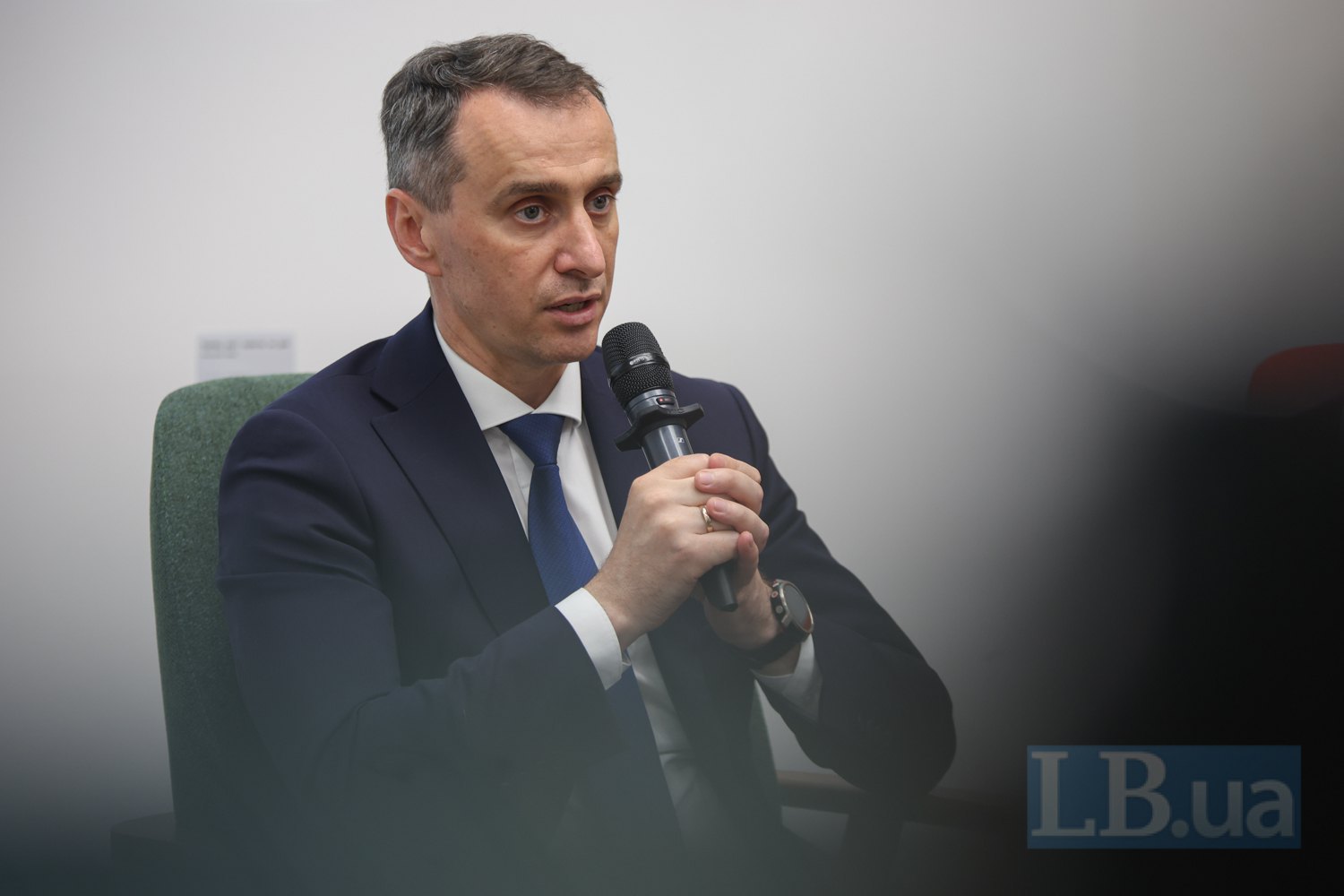
"Believe me, you will not find a single person who can change this on their own. Therefore, when we talk about reforms in the healthcare system, we must understand that it does not matter who the minister is or who the committee chair is — this is our shared area of responsibility. It is the responsibility of patients, doctors, administrators, officials, and legislators. It is in this conglomerate that we must listen and respond to problems," concluded Viktor Lyashko.








